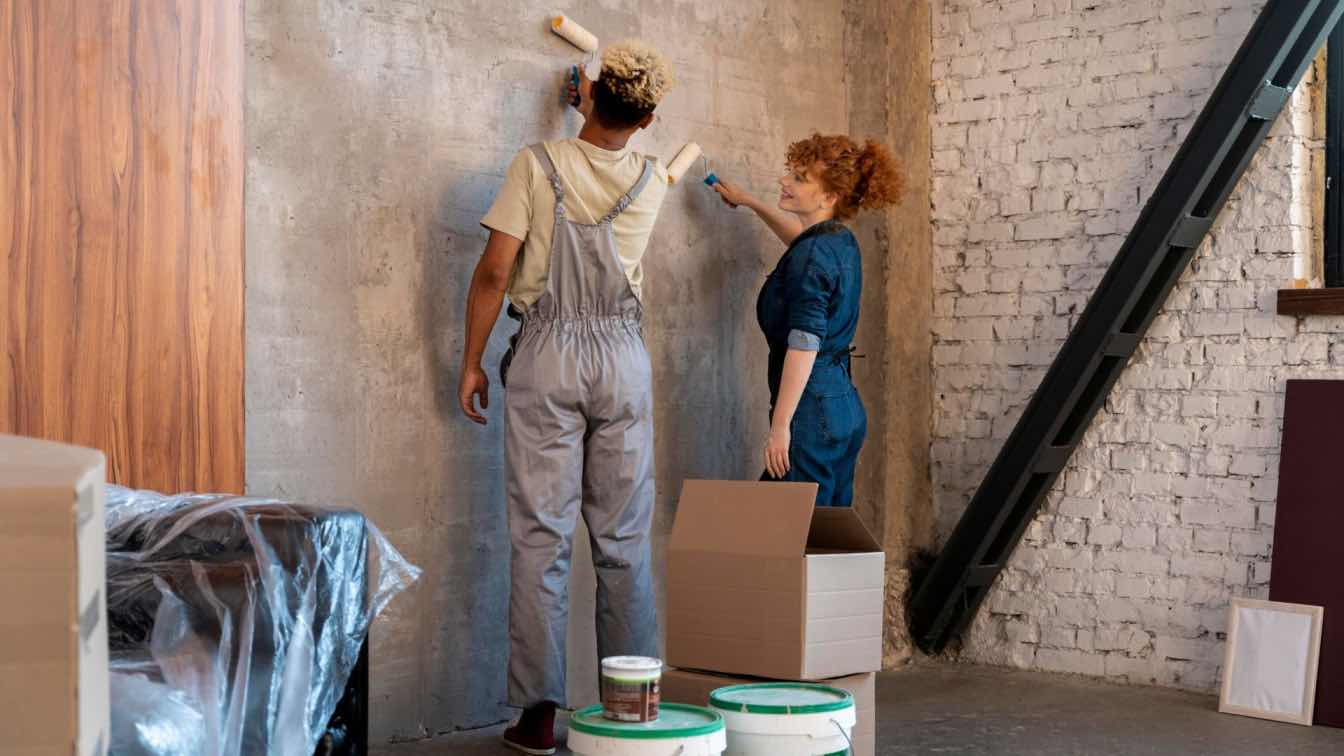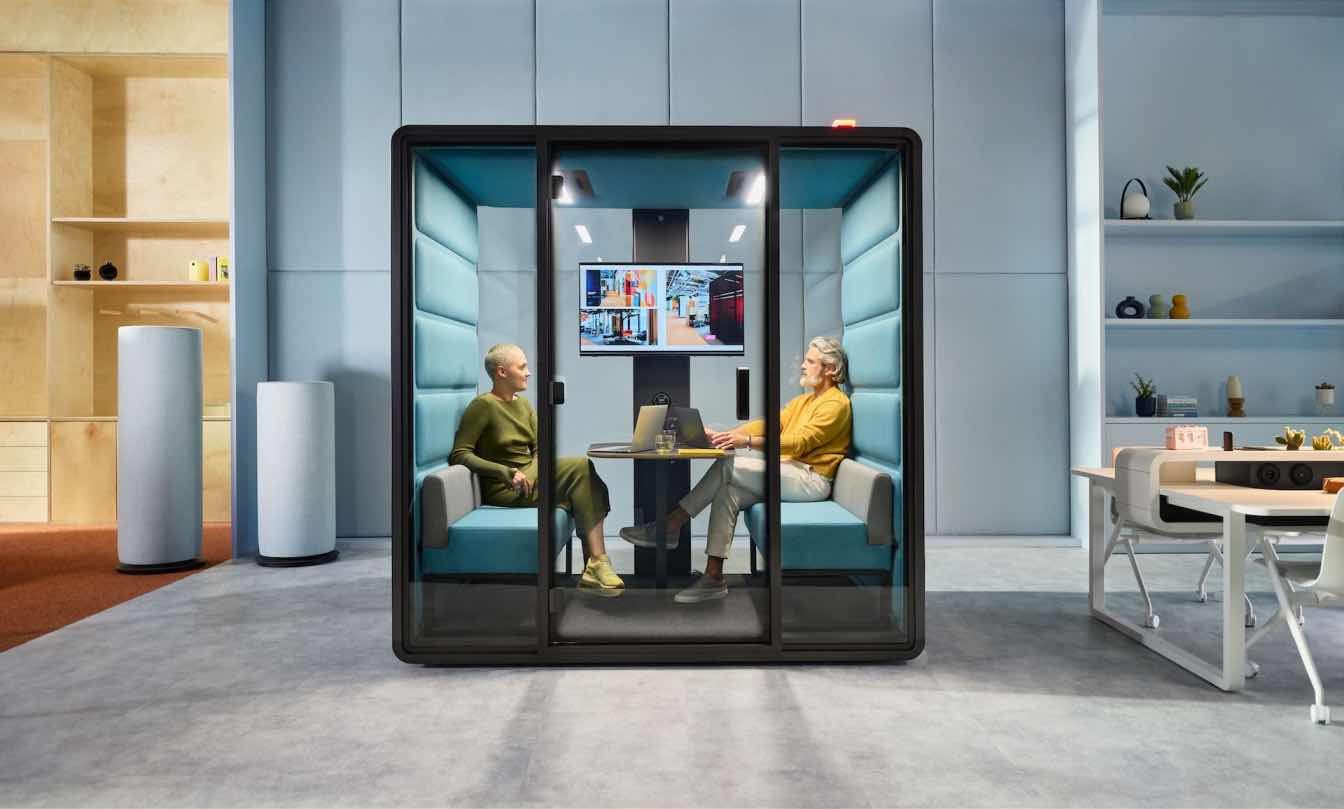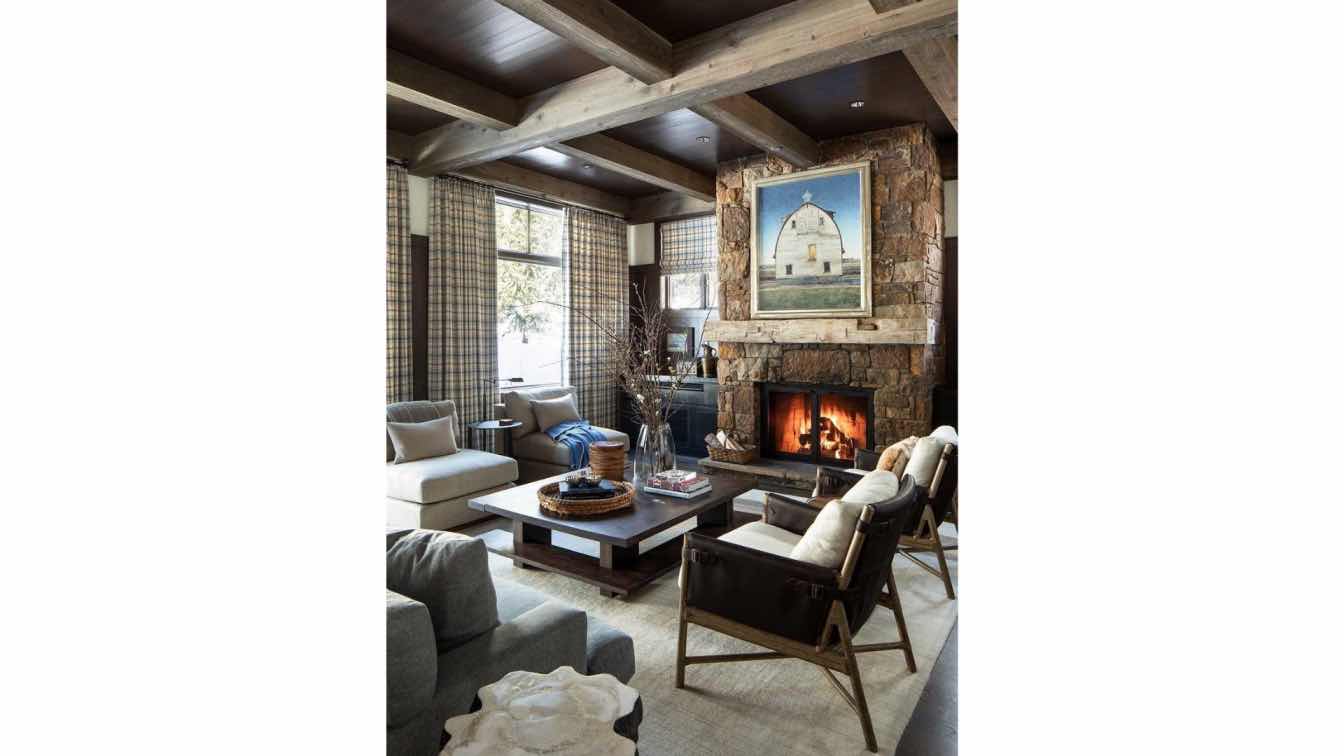It’s important to renovate a condo before renting it out. While not all tenants are actively considering whether a condo is right for them, renovations can help attract higher-quality tenants and increase your rental income. It’s important to keep in mind the rules and considerations before planning for a condo renovation.
To help you get the most out of the effort and possible budget, we thought of sharing a list of tips to follow when planning and executing a condo renovation.
Understanding Your Target Tenant
The first step in any condo renovation is understanding who you want to rent to. An experienced property manager in Boston suggests that understanding your target tenant is crucial before starting any upgrades, as it helps you tailor your renovations to meet their needs and preferences.
Factors like demographics, income level, and lifestyle will impact the amenities and finishes you choose. For example, young professionals and retirees have very different needs. Professionals may prefer sleek, modern designs, while retirees may opt for more comfort-focused upgrades.
The location of your condo can give you a better idea of the target tenant. If your condo is near colleges or major employment hubs, cater to young working tenants by showcasing the unit’s location and installing smart home features they’ll appreciate. For vacation and seasonal rentals, try to create an inviting atmosphere with upscale designs. The overall goal is tailoring renovations to attract and retain ideal tenants long-term.
Upgrading Kitchens and Bathrooms
Kitchens and bathrooms are make-or-break rental features and it’s important to prioritize these spaces in your condo renovation plans. Pay special attention to them during renovating the condo. Outdated or poorly functioning kitchens and baths can deter quality tenants and lead to higher tenant turnover.
For kitchen upgrades, stainless steel appliances, contemporary cabinetry with soft-close hinges, granite countertops, and tile backsplashes give an on-trend, luxury feel that warrants higher rents. If layout changes are permitted, opening up galley kitchens makes them more usable.
In bathrooms, replace old tubs and toilets, switch to seamless glass shower doors, and install stone or porcelain tile floors. The upgrades don’t have to be over-the-top but should elevate the overall experience. Increase functionality with added storage solutions and adequate lighting at mirrors - think inspiration from hotel-style bathrooms. When done strategically, these improvements solidify that a condo is a good investment for landlords seeking to maximize rental income and minimize vacancies.
Open Floor Plans and Layout Adjustments
Tenants want a livable space, so evaluate how existing walls and rooms can be reconfigured to create more open, functional living areas. Knocking down non-weight-bearing walls between the kitchen, dining, and living rooms allows you to achieve an airy, great room environment.
For small square footage, built-in storage options like kitchen pantries, bedroom closets, and bathroom cabinets ensure tenants don't feel cramped despite the size. Murphy beds and multi-purpose furniture also maximize available areas.
Any layout changes will require condo board pre-approval and permits, so factor this into your timeline and discuss possibilities with your contractor early in the process.
Installing Smart Home Features
Smart home technology is a major value-add for properties targeting young professionals. Tech-enabled features like smart locks, programmable thermostats, wireless speakers, video doorbells, and integrated lighting controls let tenants control their units remotely.
Evaluate tech solutions that mitigate liability risks too. Water leak detectors, smoke detectors, carbon monoxide monitors, and security cameras safeguard tenants and alert you about hazards before extensive damage occurs.
Focus on automation that tenants will enjoy using daily. High-efficiency heating and cooling systems that connect to smart thermostats cut energy bills as well—a practical benefit when setting rental rates. A smart condo will not just benefit tenants but you will also be able to manage such a condo remotely with ease.
Flooring and Paint Colors That Appeal to Renters
To elevate the visual appeal, opt for on-trend, neutral paint colors and replace worn carpeting with contemporary finishes. Monochrome beige is one of the best colors available out there to use when painting your condo. It can help you create a contemporary living space that your tenants will fall in love with.
Paint color has a significant psychological impact. Neutral, light tones like greige, tan, and light grey make spaces appear larger and feel calmer, plus they allow tenants to decorate with bright accent colors. Matte finishes hide scuffs better than gloss.
For durable flooring, waterproof vinyl and laminate plank, tile, and hardwood are attractive options in living rooms, kitchens, and hallways. Then use tile or resilient vinyl in bathrooms and laundry rooms for moisture resistance—lighter tones here create a cleaner look. Don’t forget the entryway; tile patterns make great first impressions.
Compliance with Condo Association Rules and Regulations
Before renovating, thoroughly review your condo building’s governing documents to understand what kinds of upgrades are permitted. All structural changes, layout modifications, and systems updates will likely require approval from your condo association’s architectural committee through an alteration agreement. It’s important to leave enough time for approvals and expect the approval process may take 30-60 days.
There are usually also rules about when major renovation work can occur to avoid disturbances for other residents. Knowing these specifications ahead of planning prevents headaches and project delays.
During renovations, ensure your contractor follows guidelines about using building trash chutes and elevators, noise curfews, where to enter the property, and any special rules governing workers on-site. Violating policies risks fines from the building.
Conclusion
Renovating your condo investment property delivers excellent rental returns when done strategically. Comply with your condo association regulations throughout renovations. Tailor upgrades to match your target tenant's preferences and make functionality a priority in layout changes and systems improvements. Condo renters expect upscale finishes, modern fixtures, and smart conveniences—particularly in kitchens and bathrooms. With the right updates, your renovated condo will stand out and command top rental rates.





